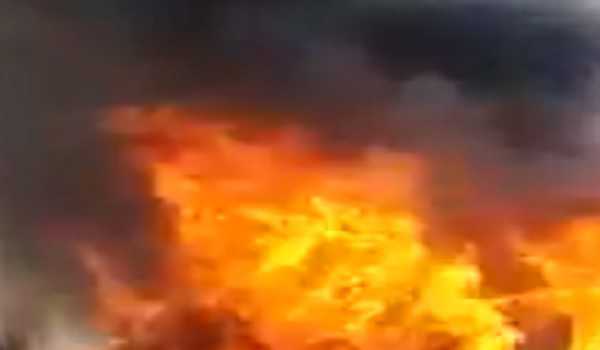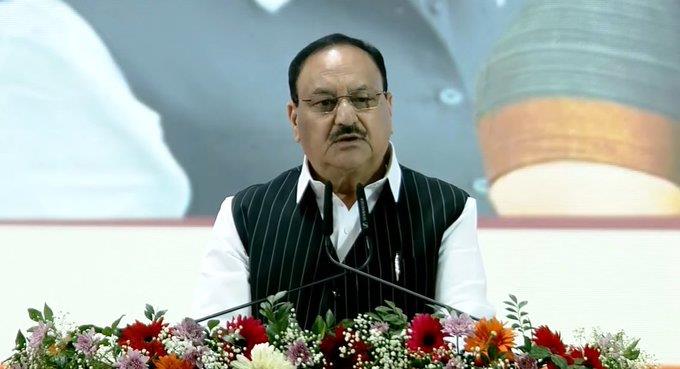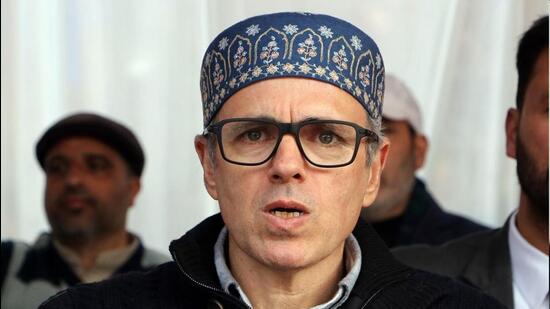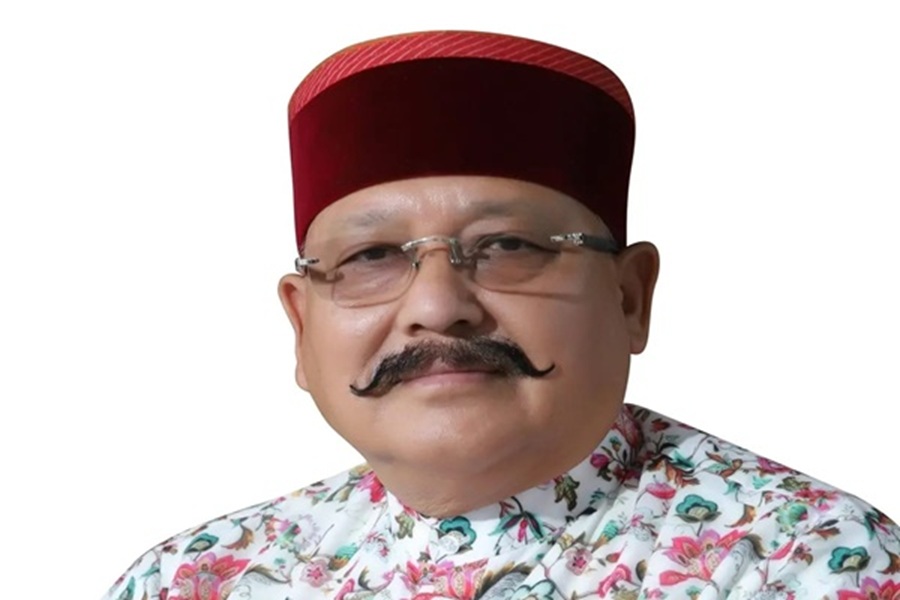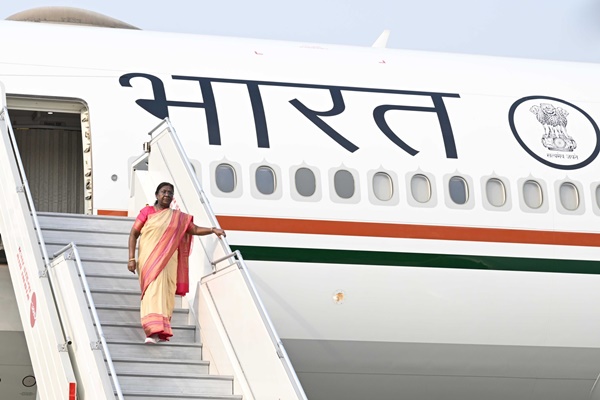Nepal PM K P Oli resigns
Mon 25 Jul 2016, 12:18:55
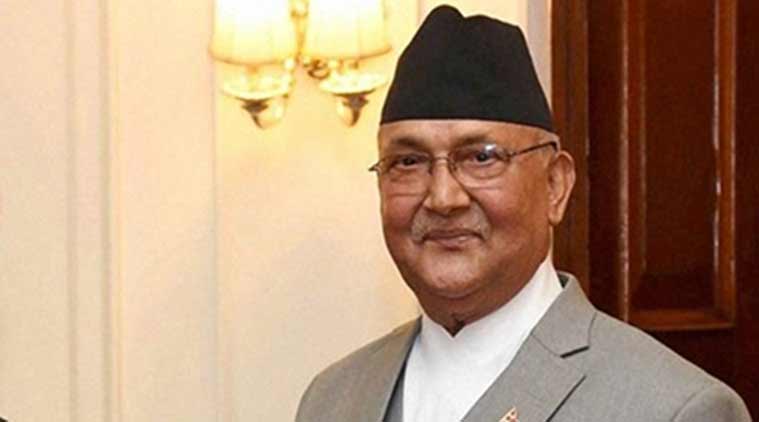
Nepal’s embattled Prime Minister K P Oli resigned on Sunday just before a no-confidence vote. He termed the motion a conspiracy by “foreign elements” to turn the country into a “laboratory” and obstruct the implementation of the new Constitution, triggering a fresh political turmoil.
Oli, who became prime minister last October, has been facing a no-trust motion after Maoists withdrew support from the coalition government. “I have decided to open the road to elect a new prime minister and presented my resignation to the president,” he said.
Oli tendered his resignation after two key ruling alliance partners decided to support the no-confidence motion tabled against him by the Nepali Congress and the CPN-Maoist Centre led by Prachanda.
They had accused Oli of not honouring his past commitments. Maoist chief Prachanda, who is the favourite to replace Oli, on Friday had accused the prime minister
of being ego-centric and self-centred. He said: “This made us unable to continue to work with him.”
of being ego-centric and self-centred. He said: “This made us unable to continue to work with him.”
Meanwhile, President Bidya Devi Bhandari accepted the resignation of Oli and asked him to work as caretaker until the new government is formed, according to a notice issued by the President’s office.
The opposition parties had accused Oli of failing to expedite post-earthquake reconstruction work, control market price and black marketing, maintain transparency and address the demands raised by the agitating Madhesi parties. Sacking of Nepalese ambassador to India, Deep Kumar Upadhyaya, also a Nepali Congress senior leader, last month by the Oli government, had also distanced the ruling alliance from the main opposition party, pointed out observers.
Oli, however, dismissed all the allegations levelled against him by Prachanda and others while responding to the no-trust motion in the 596-member Parliament.
No Comments For This Post, Be first to write a Comment.
Most viewed from International
Most viewed from World
AIMIM News
Latest Urdu News
Most Viewed
May 26, 2020
Do you think Canada-India relations will improve under New PM Mark Carney?
Latest Videos View All
Like Us
Home
About Us
Advertise With Us
All Polls
Epaper Archives
Privacy Policy
Contact Us
Download Etemaad App
© 2025 Etemaad Daily News, All Rights Reserved.

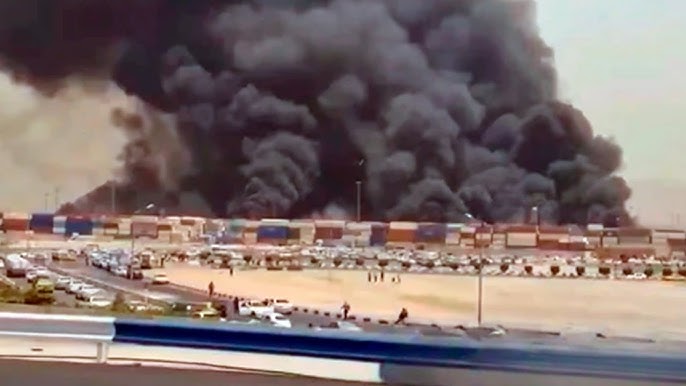
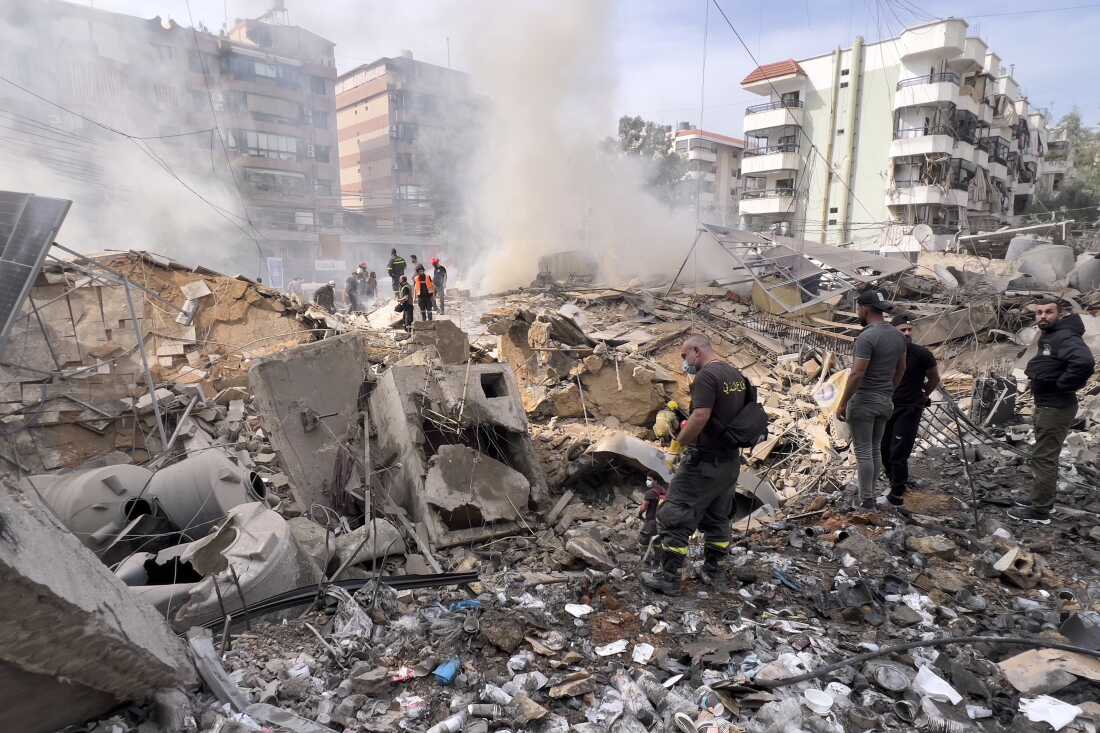
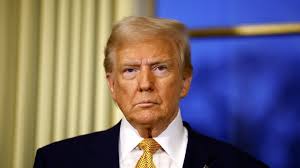
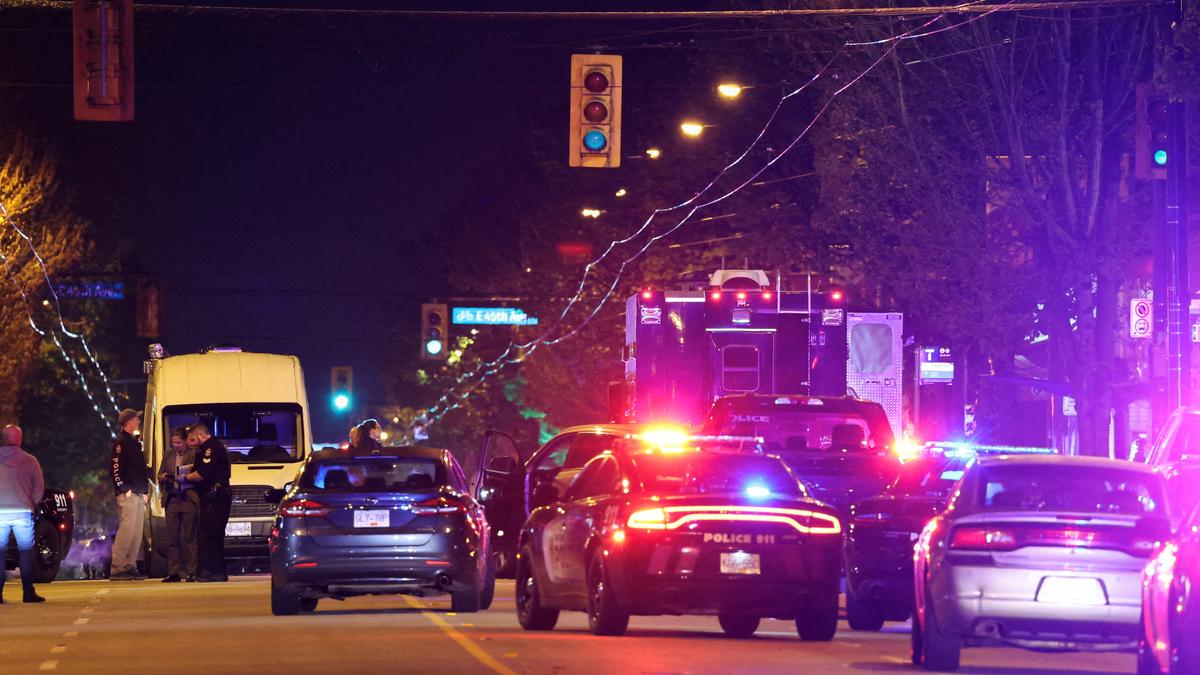

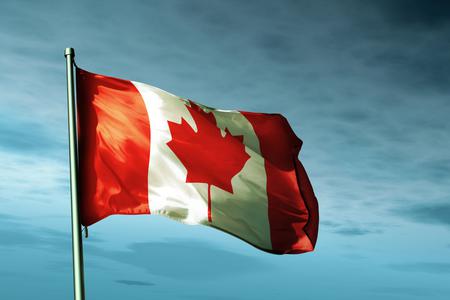
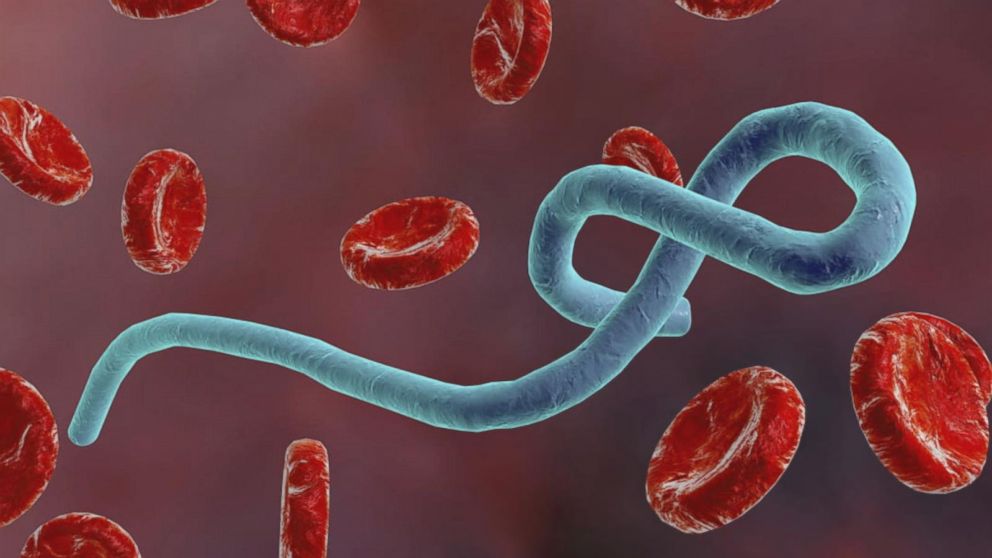
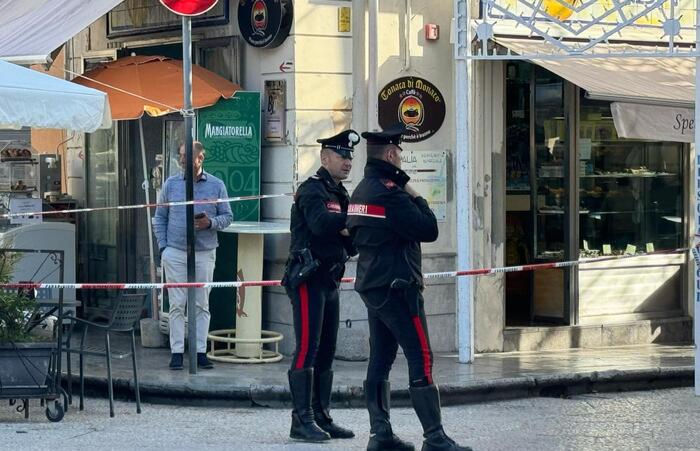
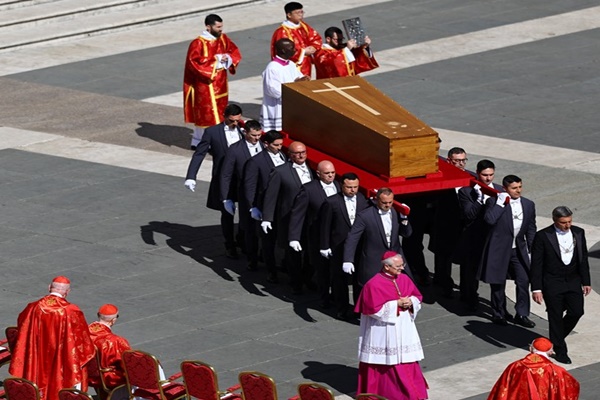
.jpg)
.jpg)
.jpg)
